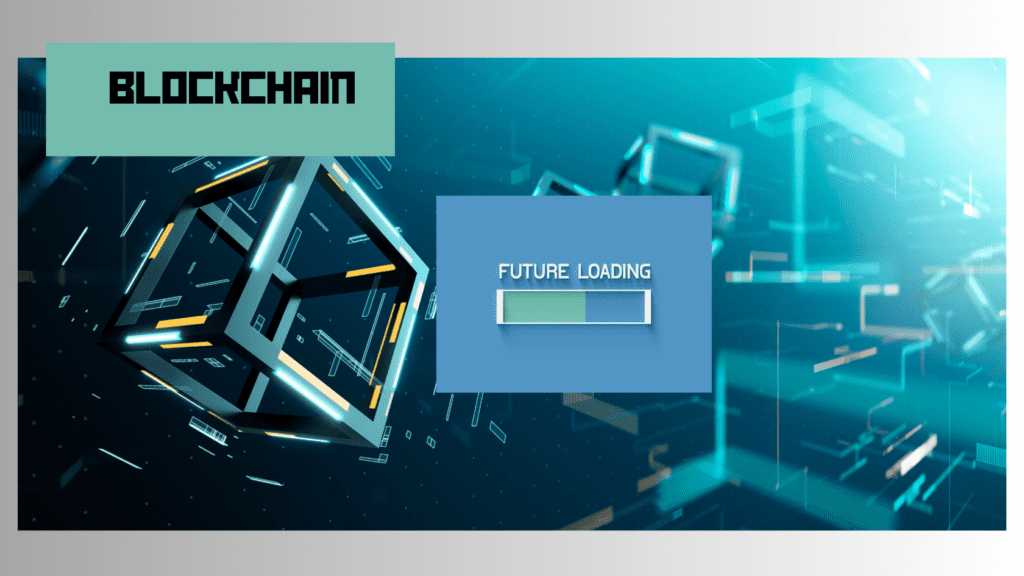
Introduction
Blockchain technology is revolutionizing various industries with its decentralized and secure nature. In this blog post, we will explore the potential of blockchain and its impact on the future of technology.
Understanding Blockchain Technology
Blockchain technology is a decentralized ledger that ensures transparency and security. It operates on the principle of consensus algorithms, enabling multiple parties to reach an agreement on the validity of transactions.
Key Features and Benefits of Blockchain
One of the key features of blockchain is its immutability, which ensures data integrity and prevents tampering. Additionally, blockchain provides enhanced security through encryption, protecting sensitive information from unauthorized access. Its decentralized nature eliminates the need for intermediaries, resulting in cost savings and increased efficiency. Furthermore, blockchain enhances transparency and accountability by allowing stakeholders to trace and verify transactions.
Applications of Blockchain Technology
The financial sector has embraced blockchain technology with the rise of cryptocurrencies. Blockchain enables secure and efficient transactions, eliminating the need for traditional intermediaries like banks. In supply chain management and logistics, blockchain ensures transparency and traceability of goods, reducing fraud and improving efficiency. The healthcare industry benefits from blockchain’s ability to securely store and share medical records, enhancing patient privacy and interoperability. Blockchain also has applications in voting systems, intellectual property protection, and real estate transactions, providing trust and security in these domains.
Challenges and Limitations of Blockchain
Scalability and transaction speed are challenges faced by blockchain networks, as they need to handle a large volume of transactions simultaneously. Energy consumption is another concern, as some blockchain networks require significant computational power. Regulatory and legal challenges also exist, as governments are working to establish frameworks to govern blockchain technology. Privacy and data protection are important considerations, as blockchain transactions are transparent by nature, requiring careful management of personal and sensitive information.
Current Trends and Future Outlook of Blockchain
Major companies and industries are embracing blockchain technology, recognizing its potential for innovation and disruption. The integration of blockchain with emerging technologies like the Internet of Things (IoT) and artificial intelligence (AI) is expected to unlock new possibilities and drive further advancements. Governments around the world are establishing regulations and initiatives to foster the growth of blockchain technology. Looking ahead, experts predict a future where blockchain becomes an integral part of our daily lives, transforming industries and enhancing trust in digital transactions.
Conclusion
Blockchain technology has the power to reshape the future of technology. With its decentralized nature, enhanced security, and transparency, blockchain is paving the way for a new era of innovation. It is crucial for businesses and individuals to explore the potential of blockchain and stay updated with the latest developments in this rapidly evolving field. Let us embrace this transformative technology and unlock the endless possibilities it holds.
[FAQs]
Q: What is blockchain technology, and how does it work?
A: Blockchain is a decentralized and distributed ledger technology that records transactions across multiple computers. It works by creating a chain of blocks, where each block contains a set of transactions. These blocks are linked together using cryptographic hashes, ensuring immutability and transparency.
Q: How is blockchain being used in the financial sector?
A: Blockchain is revolutionizing the financial sector by enabling secure and transparent transactions, eliminating intermediaries, and reducing costs. It is used for applications like cross-border payments, remittances, smart contracts, and decentralized finance (DeFi).
Q: What are the advantages of using blockchain in supply chain management?
A: Blockchain provides transparency, traceability, and accountability in supply chain management. It helps track the movement of goods, verify product authenticity, prevent fraud, and streamline processes, resulting in improved efficiency and trust.
Q: How does blockchain enhance data security and privacy?
A: Blockchain enhances data security by using cryptographic techniques to secure transactions and prevent unauthorized modifications. It also provides data privacy through mechanisms like encryption and decentralized control, where users have ownership and control over their data.
Q: What are the challenges faced by blockchain networks?
A: Blockchain networks face challenges such as scalability, interoperability between different blockchains, energy consumption, and regulatory uncertainties. Overcoming these challenges requires technological advancements, industry collaboration, and regulatory frameworks.
Q: How can governments regulate blockchain technology?
A: Governments can regulate blockchain technology by establishing legal frameworks, implementing standards and compliance requirements, and addressing concerns related to security, privacy, taxation, and anti-money laundering (AML) regulations.
Q: What are the future trends and applications of blockchain?
A: The future of blockchain holds potential for various applications, including Internet of Things (IoT) integration, digital identity management, supply chain optimization, healthcare records management, voting systems, and decentralized social networks.
Q: How can businesses incorporate blockchain into their operations?
A: Businesses can incorporate blockchain by identifying relevant use cases, collaborating with industry partners, leveraging blockchain platforms or building their own, ensuring data interoperability, and investing in blockchain talent and expertise.
Q: Are there any risks associated with blockchain technology?
A: While blockchain offers numerous benefits, it also carries risks such as regulatory uncertainty, potential for hacking or cyberattacks, scalability limitations, and the possibility of smart contract vulnerabilities. Businesses and individuals should carefully assess and mitigate these risks.
Q: How can individuals learn more about blockchain and its potential?
A: Individuals can learn more about blockchain by exploring online resources, attending blockchain conferences and events, joining blockchain communities, enrolling in blockchain courses, and experimenting with blockchain technologies through practical projects and simulations.

Pingback: Bitcoin: What You Need to Know - richstorehouse.com
Pingback: Secure Blockchain: Consensus Mechanism Insights | RichStorehouse